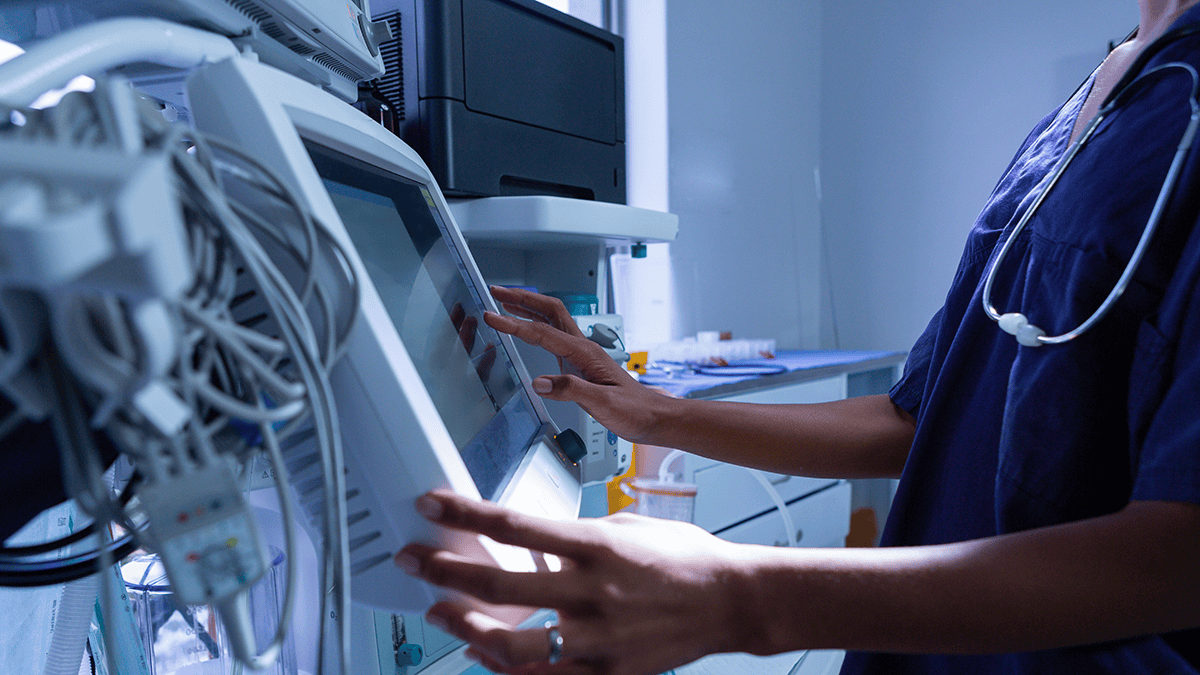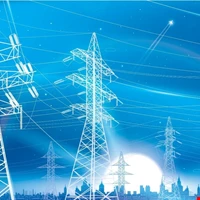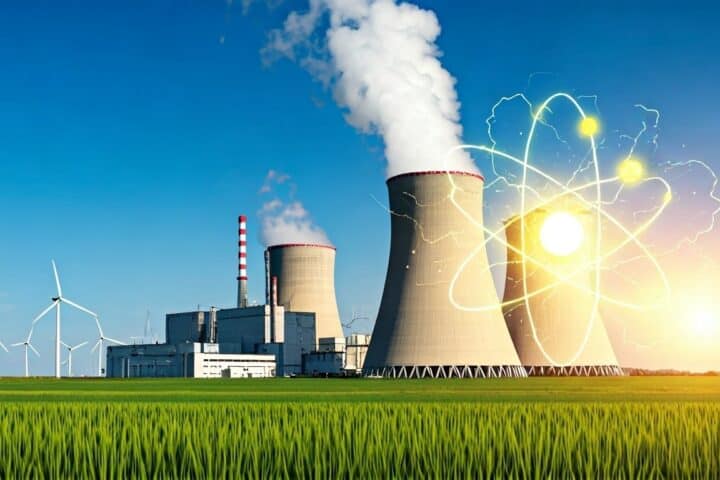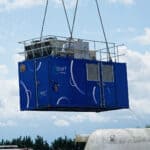Innovate UK has announced significant funding to support the development of a floating offshore wind platform in the Celtic Sea, a key step in advancing the marine energy potential of South-West Wales. The £800,000 Launchpad project will be led by Marine Power Systems and aims to establish a local supply chain for the innovative PelaFlex platform. Collaborators include Swansea University, Ledwood Mechanical Engineering, Tata Steel UK, ABP Port Talbot, and the Port of Milford Haven. The project will enhance PelaFlex’s structural efficiency, focusing on challenging conditions in the Celtic Sea and reducing costs through the use of locally sourced materials and skills. Swansea University will contribute to the design, while local suppliers will handle fabrication. Ports in South-West Wales will be used for assembly and deployment, minimizing investment needs. This initiative supports Tata Steel UK’s decarbonisation efforts in Port Talbot and aims to position the town as an industrial hub for offshore wind development. The funding will enable the optimisation of the platform design, increasing the use of local steel from 10% to over 50%. The Launchpad project represents a significant advancement for the floating offshore wind industry, capitalising on local expertise and infrastructure to drive regional economic growth and sustainability.

Innovate UK has announced it will award funding to support the development of a floating offshore wind platform for applications in the Celtic Sea.
The funding will be utilised to establish the Launchpad project, which will ensure a local supply chain for the development and deployment of the unique and flexible floating offshore wind platform – PelaFlex.
The £800,000 project will be led by Marine Power Systems, with Swansea University’s Department of Mechanical Engineering collaborating with Ledwood Mechanical Engineering, Tata Steel UK, ABP (Associated British Ports) Port Talbot, and the Port of Milford Haven.
The project aims to unblock the marine energy potential of South-West Wales by developing local supply chains and capitalising on local skills and expertise.
Graham Foster, Chief Technology Officer at Marine Power Systems, commented: “We are really excited to receive support through Innovate UK.
“With the deployment of floating offshore wind in the Celtic Sea becoming a reality, the time is absolutely right to work with the local supply chain to optimise the detailed design of our technology and maximise its deliverability.
“A good example of that is that we are confident that through this project, we will be able to optimise our platform design to increase the amount of local steel used to fabricate it from around 10% to over 50%.”
Enhancing PelaFlex Efficiency in Celtic Sea with Local Supply Chain and Port Talbot Steel
Launchpad will enhance PelaFlex’s structural efficiency by focusing on the challenging conditions in the Celtic Sea and reducing material and deployment costs.
This effort includes using strip steel manufactured in Port Talbot, components fabricated by local suppliers, and assembly and deployment through existing ports in southwest Wales.
Swansea University Advances Structural Design for Celtic Sea Project
Swansea University will contribute design input by applying the latest advancements in structural design modelling.
Ledwood, based in Pembrokeshire, will provide feedback to maximise local supplier support for fabrication.
Floating offshore wind platform assembly and deployment
Input from Associated British Ports and the Port of Milford Haven will ensure that the platform can be assembled and deployed from these locations, minimising the required investment.
Mark Davies of Ledwood Mechanical Engineering, added: “Launchpad represents another step forward for the emerging floating offshore wind industry.
As a locally-based engineering company, we are pleased to be working with MPS, Tata Steel, the Port of Milford Haven, ABP Port Talbot and Swansea University to help build a local supply chain by capitalising on the skills, expertise and infrastructure that we have here in South-West Wales.
“This is an exciting time for us, and we hope the region can take advantage of the opportunities that will soon emerge.”
Supporting decarbonisation and industrial development
The project will support Tata Steel UK’s vision to decarbonise Port Talbot’s steel production, including producing green strip steel using an electric arc furnace.
It also aims to position the town as an industrial hub for offshore wind development and deployment.











